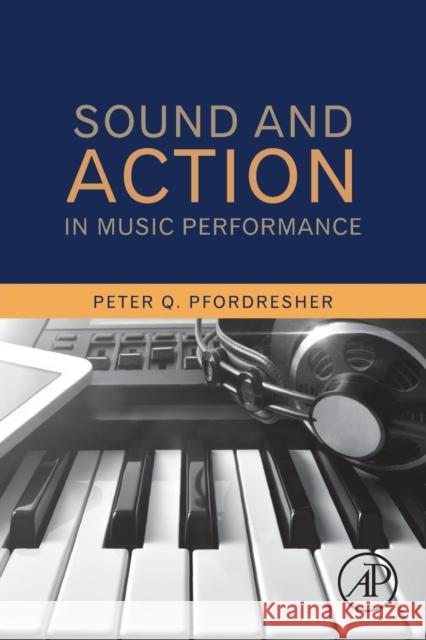Sound and Action in Music Performance » książka
topmenu
Sound and Action in Music Performance
ISBN-13: 9780128091968 / Angielski / Miękka / 2019 / 248 str.
Kategorie:
Kategorie BISAC:
Wydawca:
Academic Press
Język:
Angielski
ISBN-13:
9780128091968
Rok wydania:
2019
Ilość stron:
248
Waga:
0.33 kg
Wymiary:
22.86 x 15.24 x 1.32
Oprawa:
Miękka
Wolumenów:
01
Dodatkowe informacje:
Bibliografia











